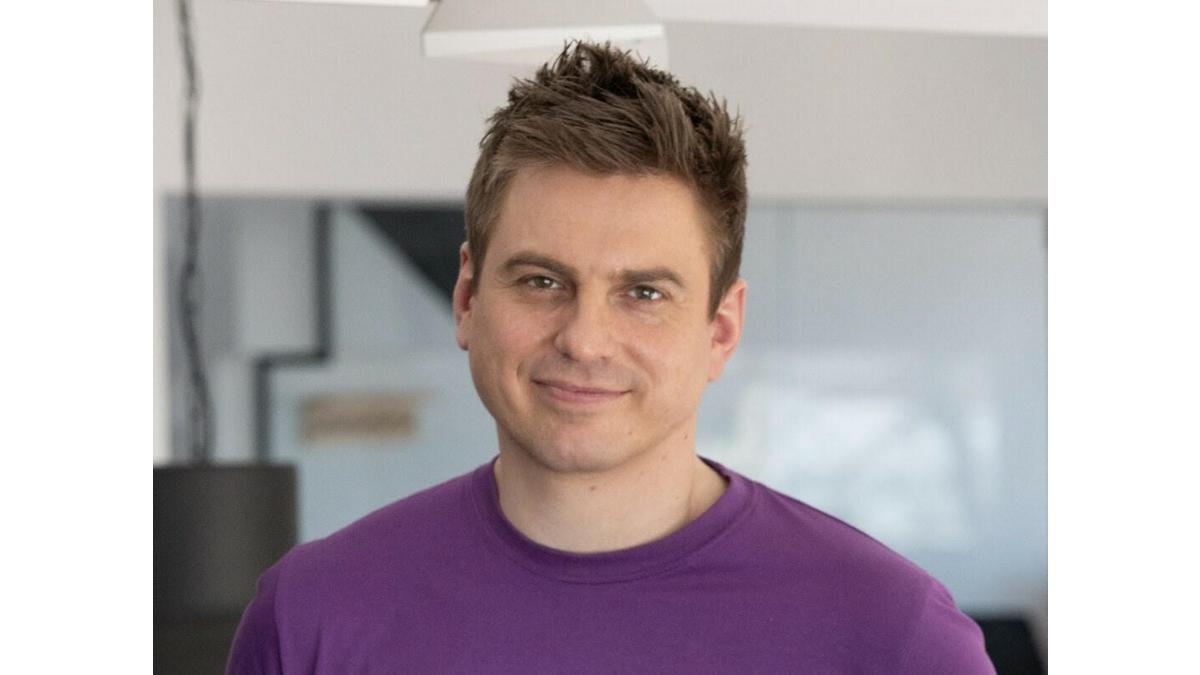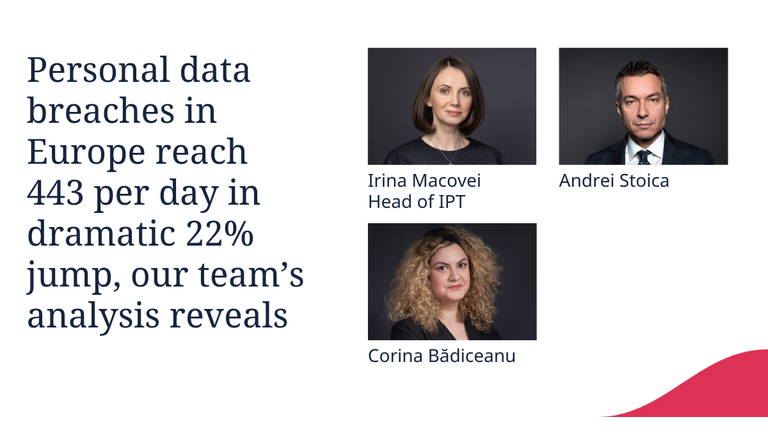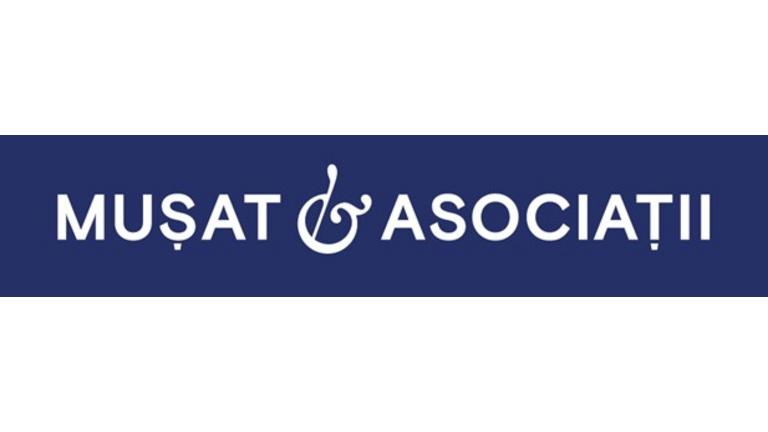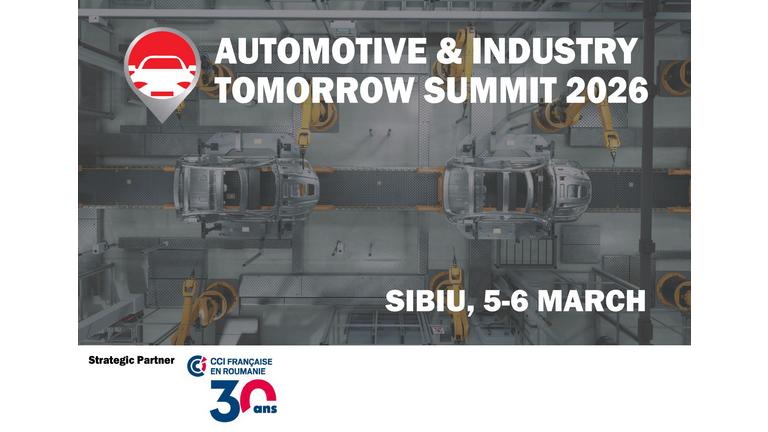Actus des entreprises • Membres
A conversation with the smartphone market disruptors fenix.eco

Having co-founded and invested in 19 startups so far, Serial Entrepreneur and Business Angel Grégoire Vigroux decided to launch a new startup selling refurbished smartphones - right in the middle of the coronavirus storm. CCIFER met with Vigroux, who told us that fenix.eco is “probably one of the most exciting business adventures” he has ever been involved.
In a year that has been universally challenging, fenix.eco is emerging as a pioneer in the local landscape of refurbished smartphones. How did you start?
Many would argue that launching a new business amid the difficult times generated by the COVID-19 pandemic would be risky, considering that consumer behaviors are changing and that purchasing power is on a downward trend.
Our online refurbished smartphone store was launched on April 6, 2020, right in the midst of the coronavirus storm, at a time when retailers were shutting down their shops, when most companies were instructing their employees to work from home and when the financial markets were down by almost 50 percent in a month. Moreover, the latest data available on the market show that smartphone sales in Romania plunged by 50 percent the month we launched. The fall came in the context of hundreds of thousands of employees in Romania losing their jobs and nearly one million seeing their revenues trimmed down while they were furloughed.
“’It’s not the right time to launch!’ our friends warned us. With literally life and death topics all over the news and social media, it is true that the crisis left very little room for an eco-friendly startup to emerge publicly. But it was a calculated risk we took. Anyway, isn’t true entrepreneurship about risk-taking, after all? At fenix.eco, we have decided to look on the bright side. We are optimistic people. If we were not, we would not be entrepreneurs in the first place, right? So, we decided to be positive and stake our hopes on our value proposition rather than on the economy’s gloomy general indicators.
The green economy has been given a lot of momentum and it is extensively promoted as the solution to the current challenges facing sustainable development. But how does the local market vibrate to this novel concept that steers towards greener and fairer outcomes?
On top of being an economical choice for buyers, fenix.eco is also an appealing option to those who care about the environment. Manufacturing a new smartphone has a significant negative impact on the planet: it produces 55 kg of CO2 and uses up to 35 kg of raw materials.
Just like an increasing number of entrepreneurs, I believe in Tech for Good – the confidence that startups and technology are some of the main solutions to improve social, societal, and environmental outcomes.Nonetheless, recently we have run focus groups with some of our clients and it appears their main driver for buying smartphones from us is price, not environment.
What misconceptions regarding refurbished smartphones do you come across and how do you counter them?
Fenix.eco brings novelty and many benefits to the Romanian market. Before fenix.eco, smartphone buyers in Romania only had two options: new but expensive smartphones or second-hand smartphones from websites like OLX, which were affordable, but risky.
Fenix.eco has brought a third option to Romanian consumers, offering refurbished smartphones that combine many of the advantages of new phones, including the quality, accessories, and 12-month warranty, but at the competitive price of second-hand models, up to 50% less expensive than new! We are still going through an education phase with consumers, explaining them what refurbished phones are, as well as their main benefits: cost, guarantee, eco-friendly, and “like new experience”.
Do you consider the hands-on experience still a must in a customer's purchasing criteria? Tell us about your pilot project with French retailer, Auchan.
In November, we sealed a partnership with Auchan to distribute our refurbished smartphones in retail. Over 10 refurbished Apple and Samsung models are on display in a dedicated stand in the hypermarket’s IT & Electronics department.
At a time when most retailers are expanding online, fenix.eco did the exact opposite. We are an online store that expanded into traditional retail. It was a right move for our startup, given the nature of our products. Refurbished smartphones are still a new concept in Romania. We need to give our consumers direct experience of it and earn their trust by letting them see our products. For this reason, it made sense to sell to our customers face-to-face as well as online.
You are gearing into the B2B market. How do you tackle this transition and how is CCIFER’s membership befitting you?
In December 2020, we announced the launch of our new B2B unit with a first corporate client – BNP Paribas Personal Finance. We now offer over 20 refurbished Apple, Samsung, Sony and Huawei smartphone models to enterprises, up to 50% less expensive than new.
We successfully entered the consumer market in April. Since December, we intend to duplicate our B2C success in B2B. Due to the economic impact of COVID-19, many companies are currently trying to optimize their expenses. Our refurbished smartphones combine a perfect shape and working condition, at a much lower price than new.
According to HMD Global, 91% of European businesses consider price an important factor when acquiring smartphones for their employees. I therefore believe fenix.eco is quickly going to become a ‘no brainer’ for a growing number of SMEs and corporate buyers. Our online store has a B2B section, www.fenix.eco/B2B, from which corporate buyers can place orders and obtain discounts, based on order volumes.
Companies are increasingly recognizing that shifting to a circular economy not only makes economic sense, but environmental sense, too. This makes fenix.eco an appealing option for companies that want to save money while also having a positive impact.
Drawing from your entrepreneurial experiences, what would you advise aspiring founders in times of organizational change and adaptation?
There are three types of entrepreneurs in times of crisis. First, those that go under because they are too fragile or unprepared. Second, those that simply try to weather the storm by trimming costs and delaying investments. Third, those that take risks, hire more people, and embark on bold investments, trying to turn the crisis to their advantage. My business partners and I are adventurous entrepreneurs. We see opportunity when others see risk, which I believe is the always right approach in times of crisis.


